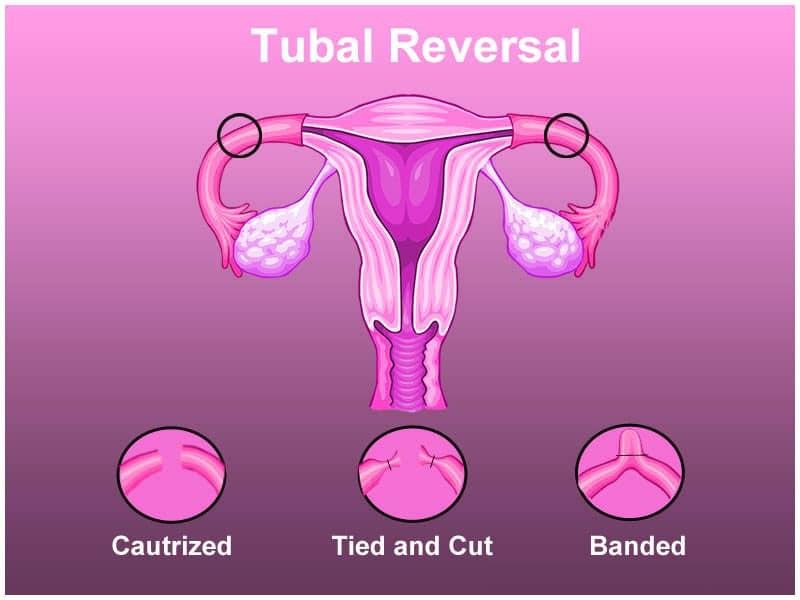
Tubal Ligation Price Philippines

Tubal Ligation Price Philippines: Comprehensive Guide to Costs, Benefits, and Tips
If you’re considering tubal ligation as a permanent birth control method in the Philippines, one of your top concerns might be the tubal ligation price. Understanding the cost structure, what to expect during the procedure, and its benefits can empower you to make an informed decision. In this detailed guide, we’ll explore the pricing landscape for tubal ligation in the Philippines, as well as practical insights you should know before committing.
What is Tubal Ligation?
Tubal ligation is a surgical procedure aimed at permanently preventing pregnancy by blocking, cutting, or sealing the fallopian tubes. This method is often referred to as “getting your tubes tied.” It’s considered a highly effective form of female sterilization.
Tubal Ligation Price in the Philippines: Factors That Affect Cost
The price of tubal ligation varies widely throughout the Philippines depending on several important factors:
- Location: Metro Manila and major cities tend to have higher prices compared to provincial areas.
- Type of Facility: Private hospitals usually charge more, while government hospitals and clinics offer more affordable options.
- Type of Procedure: Laparoscopic (minimally invasive) tubal ligation tends to cost more than traditional open surgery.
- Doctor’s Expertise: Highly experienced specialists might charge a premium for their services.
- Pre-op and Post-op Care: Additional fees may apply for consultations, anesthesia, medications, and follow-up visits.
Average Tubal Ligation Prices in the Philippines
| Type of Facility | Estimated Price Range (PHP) | Notes |
|---|---|---|
| Government Hospitals (DOH-accredited) | ₱3,000 – ₱10,000 | Subsidized rates, longer wait times |
| Private Hospitals (Metro Manila) | ₱25,000 – ₱50,000 | Higher quality facilities, faster scheduling |
| Outpatient Clinics (Laparoscopic) | ₱20,000 – ₱45,000 | Minimally invasive, quicker recovery |
| Provincial Hospitals/Clinics | ₱5,000 – ₱20,000 | Varied pricing depending on location |
Benefits of Tubal Ligation
Choosing tubal ligation offers several advantages for women seeking permanent birth control. Some notable benefits include:
- Permanent and Reliable: Over 99% effective at preventing pregnancy.
- No Need for Daily Attention: Unlike pills or devices, you don’t have to remember to take or maintain anything.
- Cost-Effective Over Time: Though upfront cost may seem high, it eliminates ongoing expenses for contraception.
- Minimal Impact on Hormones: Unlike hormonal birth control methods, tubal ligation does not affect hormone levels or menstrual cycles.
- Quick Recovery: Many patients return to normal activities within days, especially with laparoscopic procedures.
Choosing the Right Facility: Tips When Considering Tubal Ligation in the Philippines
When preparing for tubal ligation, it’s essential to ensure you pick a reputable facility and skilled healthcare provider. Here are some practical tips to guide your choice:
- Verify Accreditation: Confirm that the facility is accredited by the Department of Health (DOH) or Philippine Health Insurance Corporation (PhilHealth).
- Look for Experienced Specialists: Choose a gynecologist with specialization and positive patient reviews in performing tubal ligation.
- Ask About Facilities and Equipment: For laparoscopic procedures, ensure the clinic has modern surgical tools and anesthesia services.
- Inquire About All Costs: Request a full breakdown of prices, including consultation fees, surgery fees, anesthesia, and medicine.
- Consider PhilHealth Coverage: Some government hospitals and clinics accept PhilHealth benefits, which can reduce your out-of-pocket expenses.
Case Study: Tubal Ligation Journey from Manila
Maria, a 34-year-old mother of two from Quezon City, shared her tubal ligation experience to highlight real costs and benefits:
“I went to a private hospital in Manila for laparoscopic tubal ligation. The total cost came to around ₱35,000, which included the surgery, consultation, and medication. Recovery was smooth, and I was back at work after a week. Considering the convenience and peace of mind, it was worth it.”
Maria’s testimonial emphasizes that while private hospitals charge higher fees, many women appreciate the faster scheduling and better comfort during their stay.
Frequently Asked Questions (FAQs)
Is tubal ligation reversible?
Tubal ligation is intended to be permanent. Reversal is complicated, expensive, and not always successful. It is best considered only if you are sure about not wanting more children.
Does PhilHealth cover tubal ligation?
PhilHealth provides limited coverage for sterilization procedures, especially in government hospitals and clinics. It is important to confirm with the facility beforehand.
What should I expect after the procedure?
You may experience mild pain, cramping, or spotting for a few days. It’s important to follow your doctor’s instructions and attend follow-up appointments to ensure full recovery.
Are there alternative permanent birth control methods?
Yes, alternatives include vasectomy (male sterilization) or implantation of intrauterine devices (IUDs) which can be long-term but not permanent.
Conclusion: Is Tubal Ligation Worth It Considering the Price in the Philippines?
Tubal ligation offers a permanent, effective, and low-maintenance form of birth control. While the tubal ligation price in the Philippines varies depending on your location, facility, and chosen procedure, many women find the investment worthwhile for lasting reproductive control. If you’re considering this option, weigh your budget alongside factors like expertise, facility quality, and potential benefits.
By researching carefully and consulting trusted healthcare providers, you can choose the best solution for your family planning needs confidently. Remember, permanent birth control is a major decision-so gather all information and think it through before making your choice.






